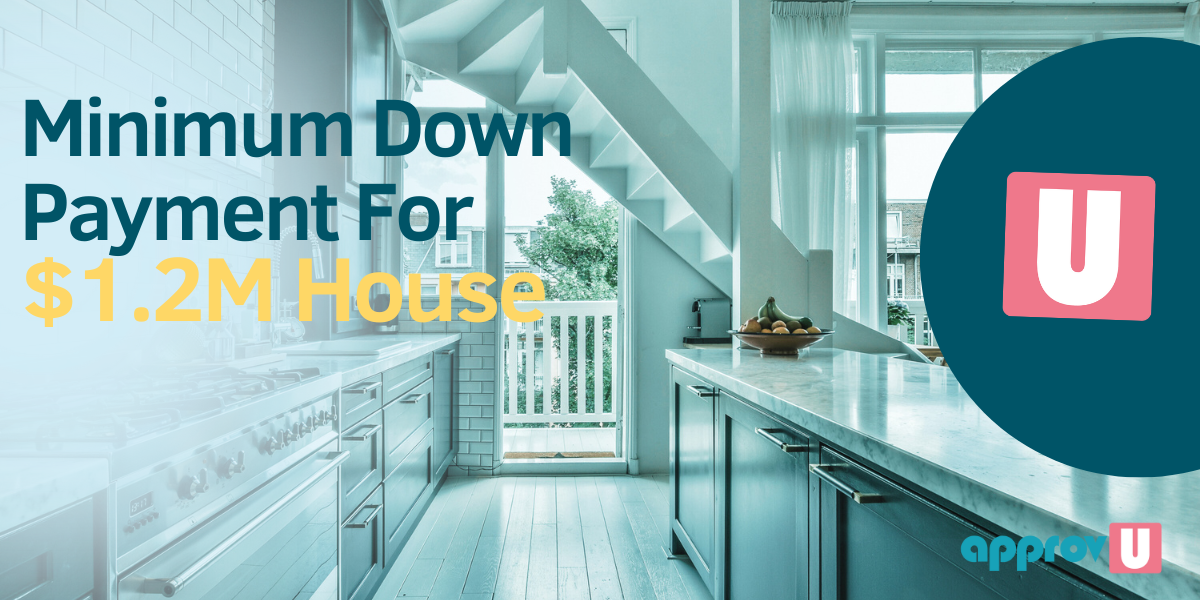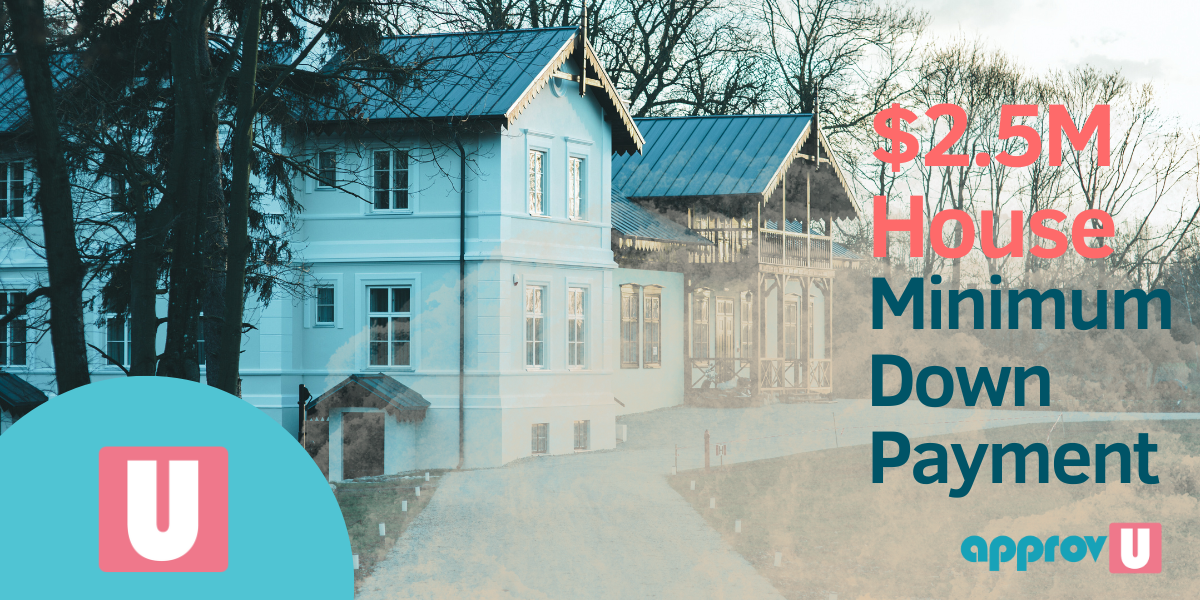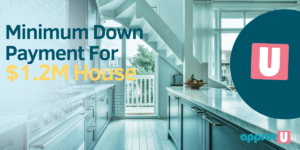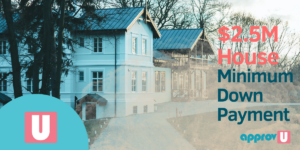Dreaming of owning a rental property but are held back by your bad credit?
Worry no more.
This guide is filled with expert advice to help you navigate the tricky waters of mortgage applications with a less-than-stellar credit score.
First, it’s important to understand the hurdles you’ll face getting a rental property mortgage with a bad credit score.
By understanding the impact of credit scores, you’ll be better prepared to overcome challenges.
Let’s dive in and explore how to turn your property investment dreams into reality even with a low credit score.
By the end of this article, you’ll have a roadmap full of actionable steps to help you achieve your goal of owning a rental property.
Let’s get started!
Understanding Rental Property Mortgages and Credit Scores
Before we dive headfirst into the process of qualifying for a rental property mortgage, it’s essential that you grasp the fundamentals.
Let’s start by clarifying what a rental property mortgage is and how credit scores are pivotal in this context.
Rental Property Mortgages Explained
As you probably know, a rental property mortgage is a loan specifically designed to finance the purchase of a property to rent it out to tenants.
Unlike a traditional mortgage for your primary residence, a rental property mortgage factors in the potential rental income and expenses associated with the property.
The Significance of Credit Scores
Your credit score is a numerical representation of your creditworthiness.
It reflects your credit history, payment behaviour, outstanding debts, and other financial indicators.
In Canada, credit scores range from 300 to 900, and lenders use them to assess your lending risk.
Defining “Bad Credit”
Credit scores are classified into different ranges, each indicating a level of credit health.
Generally, a credit score below 620 may be considered “bad credit.”
If your score falls within this range, you may face more challenges when applying for a rental property mortgage.
Challenges of Getting a Rental Property Mortgage with Bad Credit
While pursuing your dream of owning a rental property is exciting, it’s essential to be aware of the specific challenges you may encounter due to your bad credit.
Understanding these challenges will help you approach the mortgage application process with a well-prepared mindset.
Let’s explore the hurdles you might face:
Impact on Interest Rates and Loan Terms
With bad credit, lenders will perceive you as a high-risk borrower.
As a result, you will likwly encounter higher interest rates on your rental property mortgage.
Additionally, the terms and conditions of the loan, such as the duration and repayment structure, could be less favourable than those offered to individuals with better credit.
Increased Down Payment Requirements
Lenders will require a larger down payment of at least 20% of the house value or price from you to mitigate the risks associated with bad credit.
This means you might have to contribute a more substantial upfront amount when purchasing the rental property.
A higher down payment might strain your finances initially but can potentially improve your chances of mortgage approval.
Limited Mortgage Options
Bad credit might limit the number of lenders willing to work with you.
Some traditional financial institutions could hesitate to extend a rental property mortgage to applicants with less-than-ideal credit scores.
As a result, you might need to explore alternative mortgage options, which may come with different terms and requirements.
Potential Co-Signers or Guarantors
You might consider enlisting a co-signer or guarantor with a stronger credit profile to strengthen your mortgage application.
This individual will be legally responsible for the mortgage if you encounter difficulties in repayment.
While this can enhance your eligibility, it’s essential to approach this option cautiously and ensure both parties understand the responsibilities involved.
Higher Risk Assessment
Lenders will conduct a more thorough risk assessment of your financial situation due to bad credit. They will scrutinize your income stability, employment history, and existing debts to assess your ability to manage the rental property’s financial obligations effectively.
Despite these challenges, remember that bad credit doesn’t have to be a roadblock to your rental property dreams.
By implementing expert strategies and demonstrating your commitment to financial responsibility, you can boost your chances of qualifying for a rental property mortgage.
The next section will share valuable tips to help you navigate this process and achieve your property investment goals. Let’s move forward with confidence!
Expert Tips for Qualifying for a Rental Property Mortgage with Bad Credit
Now that you know the challenges, it’s time to equip yourself with expert tips and strategies to empower you to overcome the hurdles of bad credit.
With careful planning and dedication, you can enhance your eligibility for a rental property mortgage.
Let’s delve into these valuable tips:
Improving Your Credit Score
- Obtain a copy of your credit report and review it thoroughly for any errors or discrepancies. Dispute and rectify inaccuracies promptly.
- Develop a plan to pay down existing debts systematically. Focus on reducing high-interest debts first.
- Make all future payments on time to demonstrate improved financial responsibility.
- Consider credit-building tools, such as secured credit cards or credit-builder loans, to help boost your credit score over time.
Building a Solid Financial Portfolio
- Showcase a stable employment history and a steady income source to instill confidence in lenders.
- Save diligently for a larger down payment. A substantial upfront investment can alleviate lender concerns about bad credit.
- If possible, highlight other valuable assets and investments contributing to your financial stability.
Exploring Alternative Mortgage Options
- Research and approach lenders specializing in bad credit mortgages or working with individuals in unique financial situations.
- Explore the possibility of rent-to-own or lease-to-own programs, which offer more flexible terms for individuals with bad credit.
Presenting a Strong Rental Property Business Plan
- Develop a comprehensive business plan for your rental property investment. Include detailed financial projections, potential rental income, and expense estimates.
- Conduct thorough market research to showcase the demand for rental properties in your target area.
- If you have prior experience as a landlord, highlight your successful track record.
Remember, improving your financial standing can positively impact your mortgage application.
Stay persistent and patient throughout the process, as rebuilding your credit and securing a rental property mortgage might take time.
Important Considerations and Precautions
As you progress on your journey to qualify for a rental property mortgage with bad credit, it’s essential to remember certain considerations and precautions.
Navigating the mortgage application process requires vigilance and awareness, so let’s explore some key points:
Beware of Predatory Lenders and Scams
Unfortunately, individuals with bad credit are sometimes targeted by predatory lenders and brokers offering high-cost mortgage products with unfavourable terms.
Be cautious of any lender or mortgage broker promising guaranteed approval or demanding upfront fees.
Always research and verify the credibility of the lending institution and brokerage before proceeding.
Understand the Responsibilities of Being a Landlord
Owning a rental property comes with responsibilities beyond the mortgage.
Educate yourself about landlord obligations, such as maintenance, tenant management, and legal requirements.
Being well-prepared will contribute to your success as a property owner.
Seek Professional Advice
Feel free to seek guidance from experienced mortgage brokers or financial advisors.
These professionals can offer personalized insights and help you navigate complex financial situations more effectively.
Consider Alternative Rental Property Strategies
If qualifying for a traditional mortgage proves challenging, explore alternative rental property strategies.
For instance, you might consider partnering with other investors or looking into properties with positive cash flow.
Stay Committed to Financial Improvement
Even after securing a rental property mortgage, continue improving your credit and financial health.
Responsible credit management will benefit you in the long run and open doors to better financial opportunities.
Assess Your Risk Tolerance
Owning a rental property involves financial risks, and having bad credit might exacerbate this aspect.
Evaluate your risk tolerance level and assess how comfortable you are with the potential challenges and uncertainties that may arise.
Conclusion
With valuable insights and strategies, you are better prepared to turn your dream of owning a rental property into a reality despite bad credit challenges.
Bad credit does not define your financial future.
By implementing the above expert tips, you can improve your creditworthiness and increase your chances of securing a rental property mortgage.
The journey to qualifying for a rental property mortgage might require time, dedication, and careful planning, but rest assured that your efforts will be worthwhile.
Each step you take towards improving your credit and financial stability brings you closer to achieving your property investment goals.
















